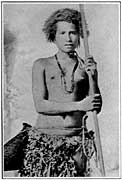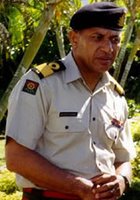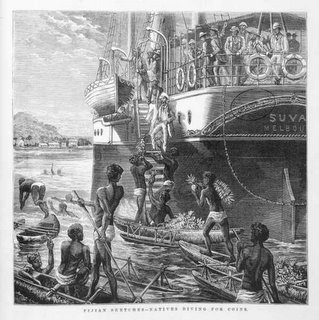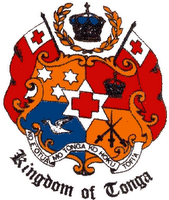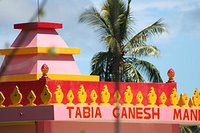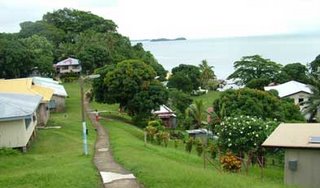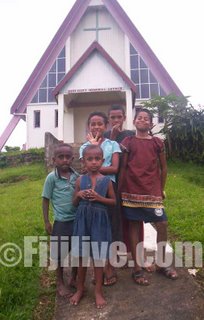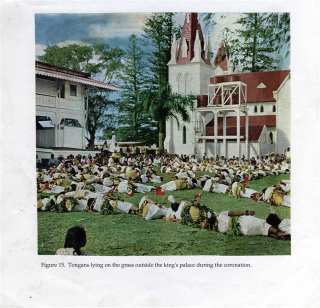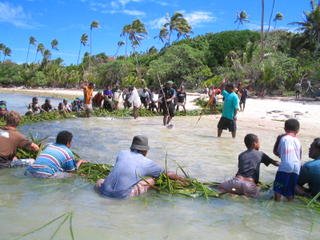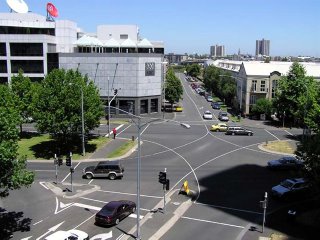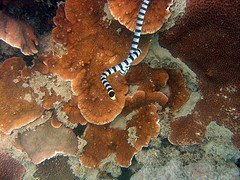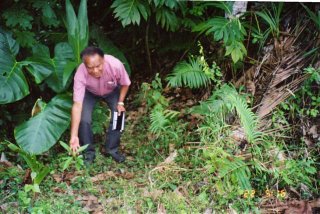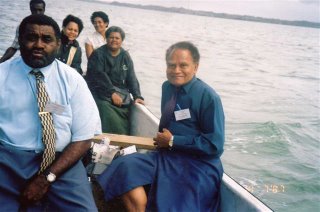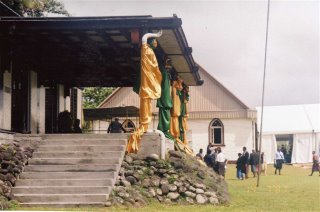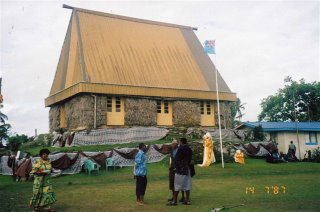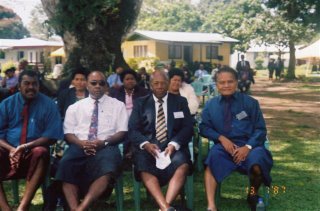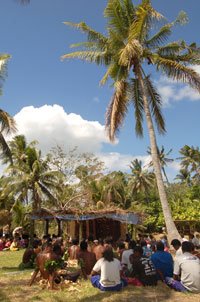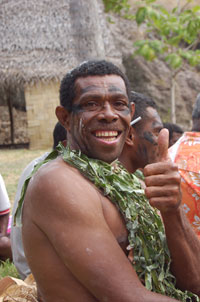From the Editor
Fiji TimesWe in Fiji take special interest in the king's death, not only because he has been a prominent figure in the Pacific region for over four decades, but also because the Tongan royal family has close links with some of the chiefly households in the country especially in the Kubuna and Tovata confederacies.
When Queen Salote, the late king's mother died in December 1965, the then Legislative Council was adjourned as a mark of respect.
The two nations have also enjoyed a long established link in tradition and kinship. History tells much of the exploits of warriors from the neighbouring nations, the most popular of which was the Tongan brave Maafu who at one stage held much influence in the two confederacies.
Tongans have a special affection and respect for the royal family. While many are increasingly voicing and exhibiting disappointment with how kings and queens have ruled the kingdom and treated their subjects, loyalty to the monarchy has stayed firm. The Tongan royal family, like the British monarchy, is unlikely to be done away with. Not ever it seems.
Looking from the outside, it is easy to question even criticise how a population of over 115,000 could exist in such a semi-feudal system today.
But this is how the people of The Friendly Islands have chosen to exist and it is only they, not anyone from outside, who know best what is in their best interest.
------
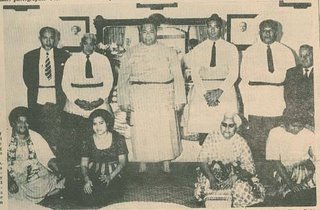
A picture worth a thousand words
Tuesday, September 12, 2006
The picture: That special moment in the Tongan palace: Back (from left): Ratu Edward Cakobau, Ratu George Cakobau, King Taufaahau Tupou, Ratu Kamisese Mara, Ratu Penaia Ganilau, Pat Raddock (Fiji rugby team manager). It was taken on Monday July 3, 1967.
Tonga was preparing for the crowning ceremony of King Taufa'ahau Tupou IV on Tuesday, July 4, 1967. Fiji Times reporter Matt Wilson and photographer Nitin Lal were in Tonga to cover the event. Four Fijian high chiefs were in Tonga to attend the crowning ceremony.They were Ratu Sir George Cakobau, Ratu Sir Kamisese Mara, Ratu Sir Edward Cakobau and Ratu Sir Penaia Ganilau.
This is part of the report by Mr Wilson which the Fiji Times carried on the front page on Tuesday, July 14:
THE Fiji Times brought off a scoop today the only picture taken of King Taufa'ahau Tupou IV with his Fiji guests inside the Royal Palace. Credit for the scoop must go to the King's uncle, Ratu Edward Cakobau, who asked for royal permission for Fiji Times photographer Nitin Lal to take the picture.
Shoeless as a mark of respect, we were ushered into the cool, elegantly furnished Privy Council chamber. Members of the Fiji delegation arranged themselves into a group around the smiling, urbane King while I sat cross-legged, island-fashion, near the door. Obviously well acquainted with cameras, his Majesty suggested: "You have a wide-angle lens camera, so you can take a group photograph".
-------------
Peceli and Wendy’s comments:
It is true that there is still a strong tie between Tonga and Fiji, but the awe and
mana of the high chiefs is gradually changing, and perhaps fading away. In Fiji the three biggest chiefs have gone – from Kubuna, Burebasaga, and Tovata. In Tonga they have maintained a feudal system of king, nobles and commoners, even though there is a groundswell of a democracy movement.
The time has come now when we have to think seriously about the role and power of people who inherit these positions in society, land and associated wealth. Certainly Fiji is cosmopolitan and cross-cultural so traditional systems are not enough.
from Wendy
For a pic of how Tongans dress for a funeral go to my
sketch of three young women in geelong-visual-diary.







